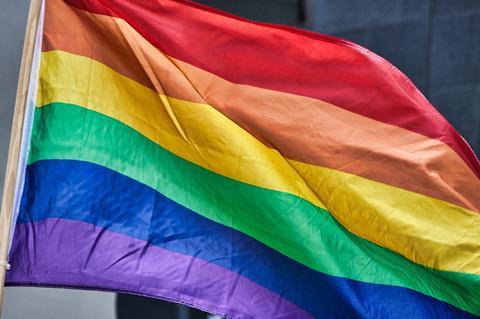Writing ahead of next week’s General Synod, where the Church of England will consider offering stand alone services where same-sex couples can be blessed, eleven Church of England bishops warn such action would go against church doctrine and further endanger the unity of the church

We are grateful for the hard work of all those who have contributed towards the latest proposals in the Living in Love and Faith (LLF) journey. We are painfully conscious of the considerable toll that that journey is taking on many of our churches, and especially our LGBTQI+ and same-sex attracted sisters and brothers. We remain prayerfully aware of our dependence on the “God of hope” to strengthen us all at a time of such deep disagreement, so that we might “overflow with hope by the power of the Holy Spirit” (Romans 15:13). However, we are among a number of bishops unable to support the direction of travel presented to the bishops at our most recent meeting, or the proposals to be brought to General Synod later this month.
We welcome the emphasis on the importance of unity, but do not believe that the proposals will protect our unity in mission to the nation or our partnerships within the wider Church. We are persuaded that a commitment to unity will instead be demonstrated by the resolve we show to take the time we need to achieve sufficient consensus in relation to doctrinal matters. This is why we continue to call upon our fellow bishops and General Synod not to set aside the proper canonical procedures for considering theological and liturgical developments, which are intended to guard our unity. We regret the plan to reverse the House’s October decision, supported by Synod in November, to introduce standalone services by Canon B2.
While we recognise that General Synod voted in November by a small majority to explore new worship services, Synod has also committed itself to doing this in a way that does not depart from the doctrine of the Church. After much careful and intense work, it seems clear that this, together with changes to the disciplines for clergy in relation to the doctrine of marriage, is not possible without accepting a development that changes doctrine.
We request the bishops bring back proposals that will properly be considered under the governance of the necessary canons
Although it is now being acknowledged that structural change to episcopal oversight will be required by the proposed developments, we believe the significance and extent of these structural changes are not being recognised. Many bishops are already concerned about the impact on the coherence of the Church’s life of moving ahead in a way that will create fundamental fragmentations at parish, diocesan and national levels.
We therefore urge Synod to rethink the process at this time, and request the bishops to enable further doctrinal work, bringing back proposals that will properly be considered under the governance of the necessary canons. We pray that, through prayer, wise counsel and good process, we may yet reach a consensus that is recognised as having legitimacy by all parts of the church and enables all to flourish in our shared mission to the nation and beyond.
Ruth Bushyager, Bishop of Horsham
Jill Duff, Bishop of Lancaster
Jonathan Gibbs, Bishop of Rochester
James Grier, Bishop of Plymouth
Richard Jackson, Bishop of Hereford
Rob Munro, Bishop of Ebbsfleet
Mark Rylands, Assistant Bishop in the Diocese of Exeter
Ric Thorpe, Bishop of Islington
Paul Thomas, Bishop of Oswestry
Andrew Watson, Bishop of Guildford
Paul Williams, Bishop of Southwell and Nottingham





























5 Readers' comments